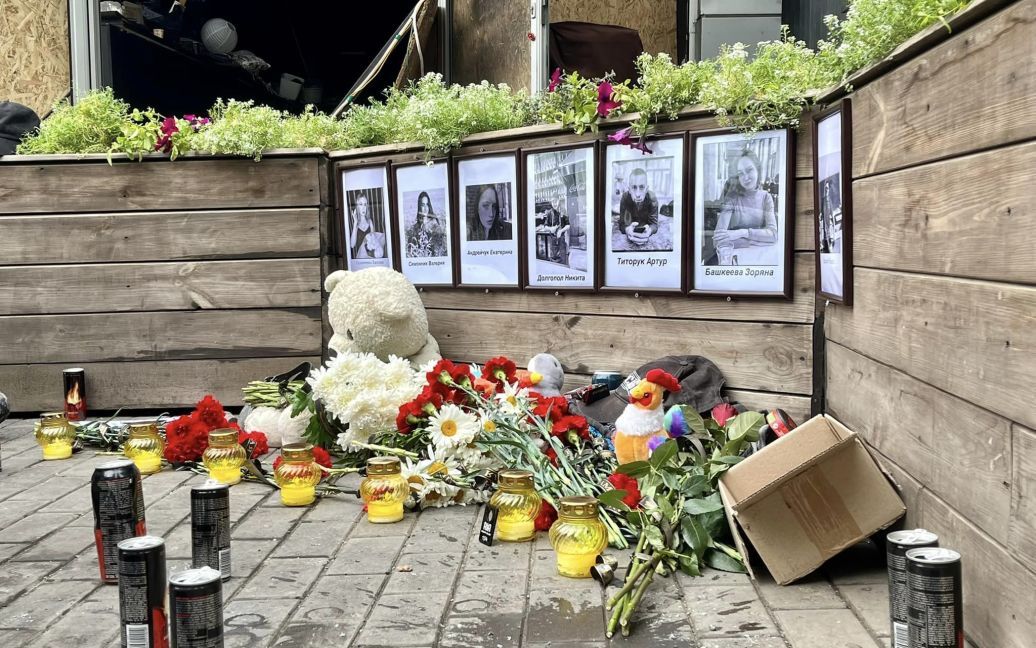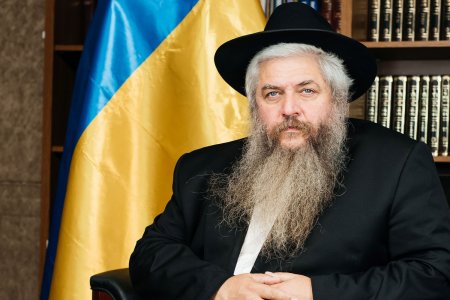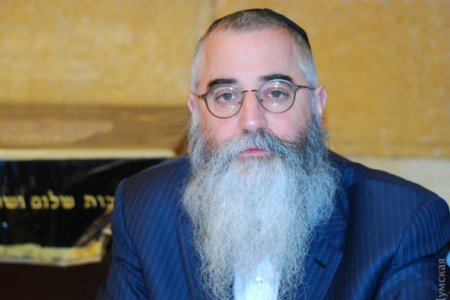
Two recent surveys make it clear that only a minority of Ukrainians have any appetite for a so-called ‘negotiated settlement’ with Russia and why this is the case. The full-scale war of aggression which Russia unleashed on Ukraine has succeeded in uniting Ukrainians as never before and has knocked out any illusions regarding ‘brotherly nations’.
A survey* carried out by the Kyiv International Institute of Sociology [KIIS] from 26 May to 5 June found that 78% of Ukrainians have relatives or friends who were either killed or wounded since Russia’s full-scale invasion of Ukraine. Although KIIS could not hold the survey in areas currently under Russian occupation, the results from people who were living in areas occupied after the full-scale invasion lead them to conclude that the general trends they found were similar even in areas that fell under Russian occupation after 24 February 2022. According to Anton Hrushevsky, KIIS Executive Director, Russia's war against Ukraine has formed a tragic collective experience for the absolute majority of Ukrainians – one of pain for the losses suffered, and of wild rage against the enemy. This weight of suffering has helped to immunize Ukrainians against Russia’s propaganda about a ‘common history’, ‘common culture’, etc. Attempts to hearken back to the war that ‘our grandfathers fought’ are powerless in the face of the pain and suffering being inflicted now. Russia’s war of aggression has also united Ukrainians, helped them to better understand each other, and to work together in driving out the enemy and seeking justice, with this including punishment of the enemy.
The above results were corroborated by another survey reported near the end of May 2023. The Ukrainian weekly Dzerkalo Tyzhnia cited various ‘peace plans’, such as that proposed by China, as well as calls to a ‘negotiated settlement’, etc. in explaining why they decided to probe whether Ukrainians have any such appetite for reconciliation with Russia. The results of the survey carried out by the authoritative Razumkov Centre were unequivocal. Almost 70% of all Ukrainians consider any reconciliation impossible. Nor do most of the remaining respondents propose any kind of negotiated settlement that would enable Russia to ‘save face’ or emerge, still occupying any part of Ukrainian territory under its control.
Respondents were asked if they thought reconciliation between Ukraine and Russia to be possible. 36.3% answered “no, never”; 32.2% “no, in the lifetime of the current generation, no reconciliation is possible”; 11.9% “yes, but only after the trial of war criminals and payment of compensation”; 5.6% “yes, but only if Russia repents”. Only 4.1% said ‘yes, as soon as military action ends’. A further 9.9% replied that it was hard to say. The Razumkov Centre broke the answers down by age group. Although the differences were not dramatic, the least inclined to believe that any reconciliation is possible were those aged from 18 to 39..
Dzerkalo Tyzhnia points to previous surveys which demonstrate just how much the attitude has now changed. Even in April 2014, after Russia’s invasion and annexation of Crimea, a Razumkov Centre survey found that a relative majority of respondents (45%) had a positive attitude to Russian citizens. In 2017, 42.5% had a neutral attitude to them. In the summer of 2015, with this after Ukraine had sustained heavy losses at Ilovaisk (late August 2014) and Debaltseve (January – February 2015), 47% of Ukrainians described their attitude to Russians as ‘warm’.
In Russia, surveys carried out by the independent Levada Centre showed very different results, from seeing Ukrainians (referred to, dismissively, as ‘khokhly’) as “the same as Russians, but a bit worse”, to “hostile”. Dzerkalo Tyzhnia comments that Ukrainians’ attitude to Russians was, for a long time, more about ‘unrequited’, than ‘mutual, love’.
Worth noting, however, that the Russian propaganda machine had very deliberately fuelled such animosity. While Russia’s annexation of Crimea was, unfortunately, greeted with euphoria by a majority of Russians, Russian state propaganda was deployed, in parallel to Russia’s military aggression in Donbas, and poured out torrents of virulent hate speech and lies against Kyiv and Ukrainians in general.
Since many in the West continue to ‘blame Russian president Vladimir Putin or ‘the Kremlin’ for the war of aggression against Ukraine, it is important to note that only a small minority of Ukrainians share such a view. Respondents were asked their attitude to Russian citizens. 34.6% answered that they had a negative attitude to all Russians; 26.1% said they were negative towards all Russians except those who actively speak out against the war and against the Kremlin; 23.3% were negative only about those Russian citizens who support Russia’s aggression against Ukraine. 9.2% are negative only towards Putin and other representatives of the regime. Of the remaining respondents, a baffling 1.9% expressed a positive attitude to all Russian citizens without exception, while 5% ticked ‘hard to say’.
Asked if they supported direct negotiations with Russia to secure peace, an absolute majority of Ukrainians (63,9%) answered negatively. 23.1% were ready to support such negotiations, while 13% answered that it was hard to say. There was a slightly larger majority against a related question. Respondents were asked for their reaction if the question arose of returning to the situation prior to the full-scale invasion of 24 February 2022, rather than the internationally recognized borders from 1991. They were thus asked if, “for the sake of peace”, they would accept Russia’s annexation of Crimea and effective annexation of parts of Donbas. Only 17.2% said yes, with 66.8% finding this unacceptable (with the remaining 16% answering that it was hard to say).
A report just published by Chatham House while entitled ‘How to end Russia’s war against Ukraine’ specifically warns of “the danger of a false peace”. “Persistent calls for a ceasefire or ‘negotiated settlement’ to end the fighting without tackling its underlying cause – Russia’s ambition to eliminate Ukraine as we know it – will do no more than reward the aggressor while punishing the victim.”
Russia used the period from 2014 to 24 February 2022 to build up its immunity to international sanctions, while preparing for further aggression against Ukraine. Any negotiated settlement would also, undoubtedly, be used as a useful breathing space to ensure that the inevitable next attempt to destroy Ukraine as a free and independent sovereign state succeeded.
The KIIS survey is available in Ukrainian and in English



